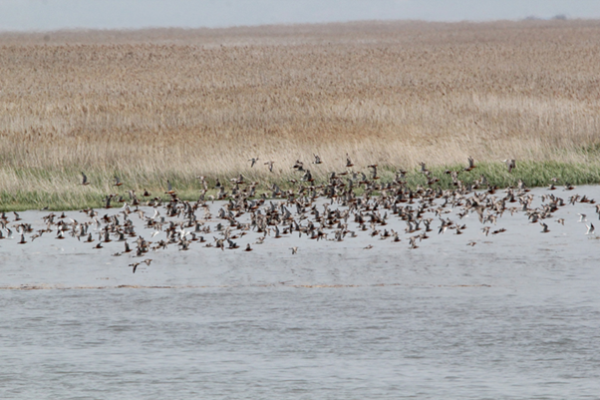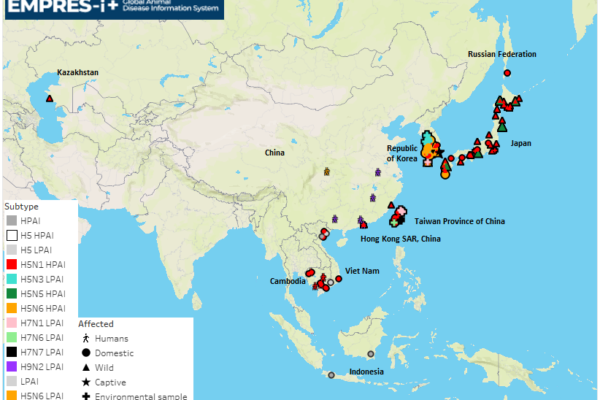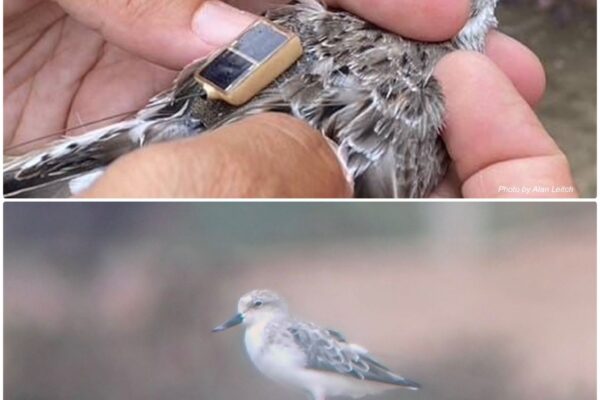The inaugural expert meeting of the Arctic Migratory Bird Initiative (AMBI) of the Conservation of Arctic Flora and Fauna (CAFF), an EAAFP Partner was held at the Secretariat of the Convention on Biological Diversity in Montreal, Canada on 9th February. EAAFP Chief Executive, Spike Millington participated in the meeting. Other EAAFP Partners represented were USA, Russia, Singapore, Birdlife and Wetlands International.
The purpose of the workshop was to launch the AMBI and accomplish the following tasks:
- Recommend a high priority list of a few Arctic-breeding species, where immediate conservation action can help reverse population declines, for approval by the CAFF Management Board
- Identify early actions that can be taken to improve the conservation status of priority species.
There is an urgent need to increase political recognition of the challenges facing Arctic migratory birds and place their conservation firmly on the agenda. The recent addition of new observer countries to the Arctic Council provides an opportunity to raise awareness of the challenges faced by a number of Arctic migratory bird species that are shared between Arctic Council member states and through the territory of observer countries, as well as non-observer countries. In particular, there is an opportunity to raise the plight of these birds, a shared natural resource and indicator of environmental health, to Foreign Ministries.
Arctic Council Observer states contribute to the work of the Arctic Council via their Working Groups. This encourages conservation actions for Arctic breeding migratory birds along their migration routes.
The meeting prioritized actions for key species around three critical conservation issues: habitat loss and/or degradation; unsustainable harvest; and by- catch, especially fisheries bycatch. For EAAF, Bar-tailed Godwit, Great and Red Knot, Dunlin and Spoon-billed Sandpiper were identified as key species, with the main threat being the loss of inter-tidal mud flats, primarily in the Yellow Sea. Unsustainable harvesting can potentially affect some species in South-East Asia such as the Spoon-billed Sandpiper. Red Knot populations were highlighted in all Flyways and could be considered a priority for a global flyway plan. A list of conservation and research actions were proposed, focused around international cooperation with Arctic Council member and observer countries, addressing inter-tidal habitat loss and shorebird harvest, identifying and monitoring key sites, habitats and the bird’s food supplies
Through AMBI, CAFF will build on its Resolution of Cooperation with EAAFP to engage with existing EAAFP initiatives to promote an integrated conservation program for the Flyway.
There was consensus that the AMBI steering committee should organise a workshop in conjunction with the Arctic Biodiversity Congress in December 2014, to discuss next steps in AMBI and engagement with a broader range of partners.
More information about AMBI is available at: http://www.caff.is/arctic-migratory-birds-initiative-ambi




